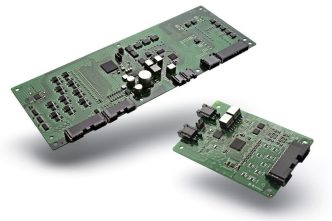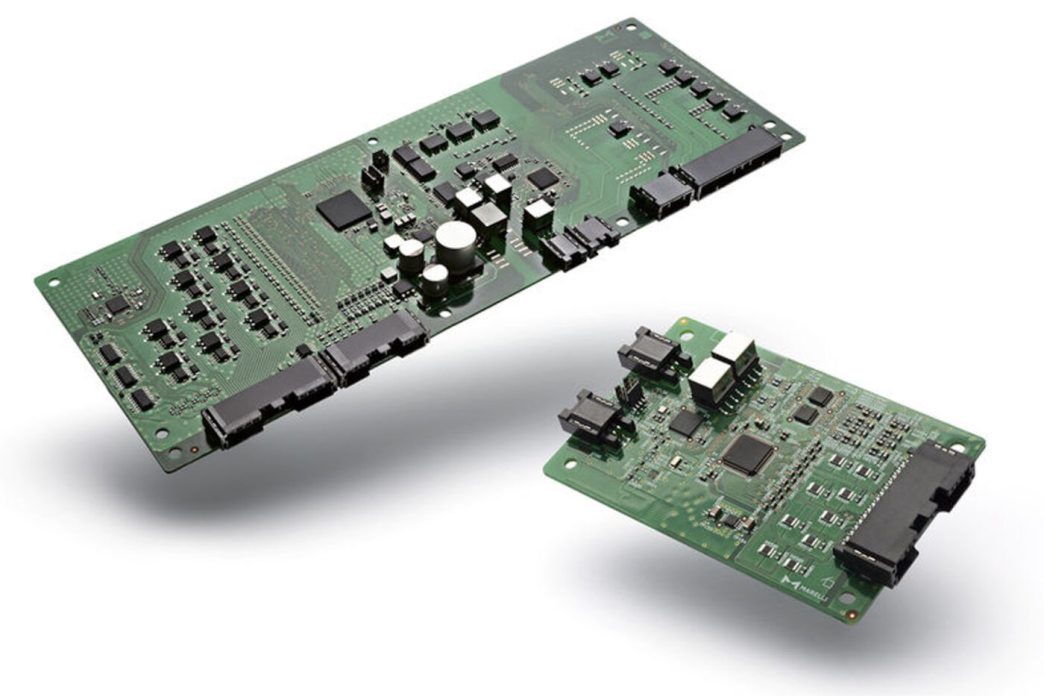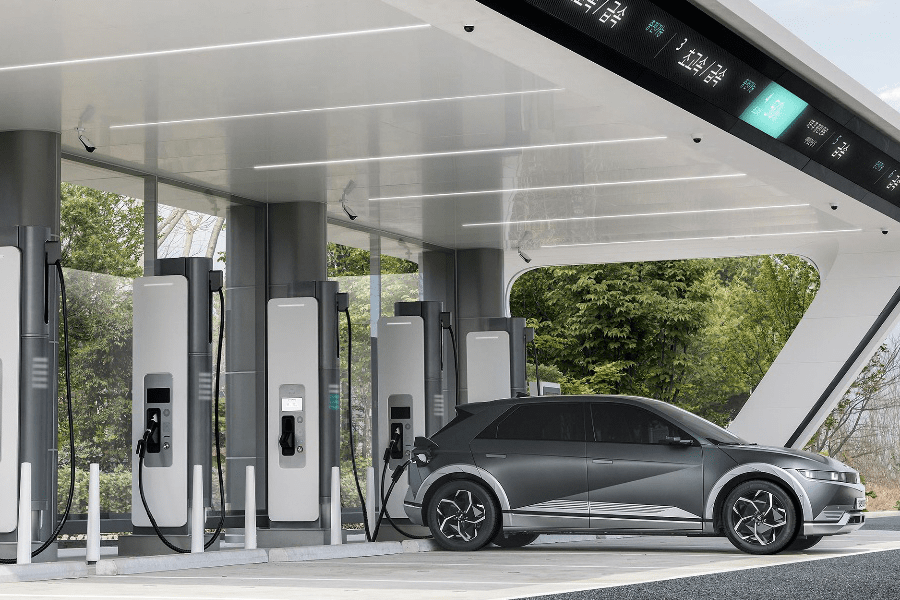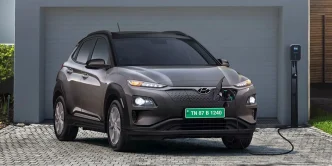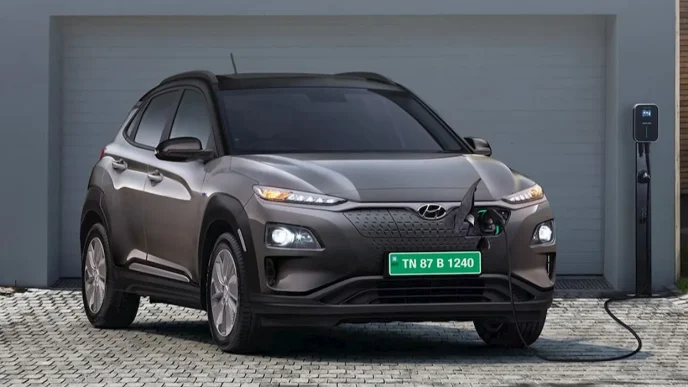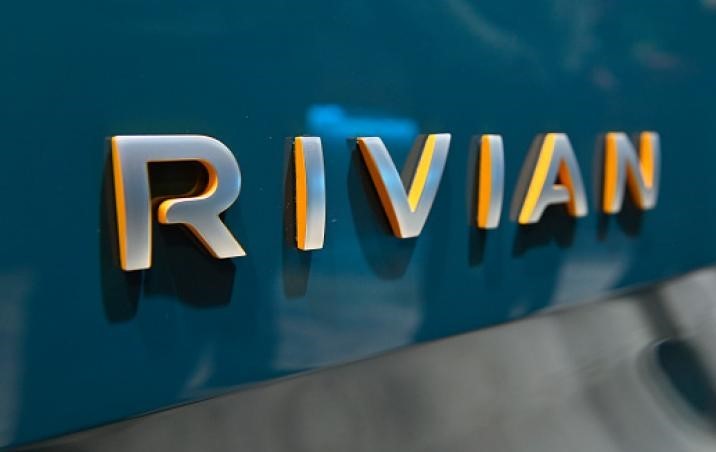Automotive supplier Marelli has announced advancements in its battery management systems (BMS) for electric vehicles, focusing on the integration of Electrochemical Impedance Spectroscopy (EIS). According to the company, the updated BMS is designed to “elevate the standard for battery cell management,” ensuring optimal performance and improved efficiency in battery packs.
The system offers valuable insights into the degradation of lithium-ion batteries, which includes monitoring capacity reduction and increased resistance. This data is crucial for determining the remaining useful life (RUL) of batteries, helping to better assess their residual economic value. Marelli highlights that the adoption of EIS in battery management technology will become increasingly important in the coming years, with a focus on enhancing safety, reliability, and performance standards for electric vehicles.
The BMS currently available is referred to as “EIS ready,” with a more advanced version, “Full EIS,” set to launch in 2025. The upcoming version will feature higher frequency measurements, enabling more precise assessments of battery cell conditions. It will also integrate cloud connectivity and artificial intelligence (AI) for real-time estimations of the state of charge (SoC) and performance status, allowing for better tracking of battery degradation.
Giovanni Mastrangelo, CTO of Marelli’s Propulsion Solutions division, commented on the new developments: “The adoption of EIS and AI in BMS technology is anticipated to grow substantially in the coming years, enhancing safety, reliability, and performance standards in battery management for electric vehicles.”

